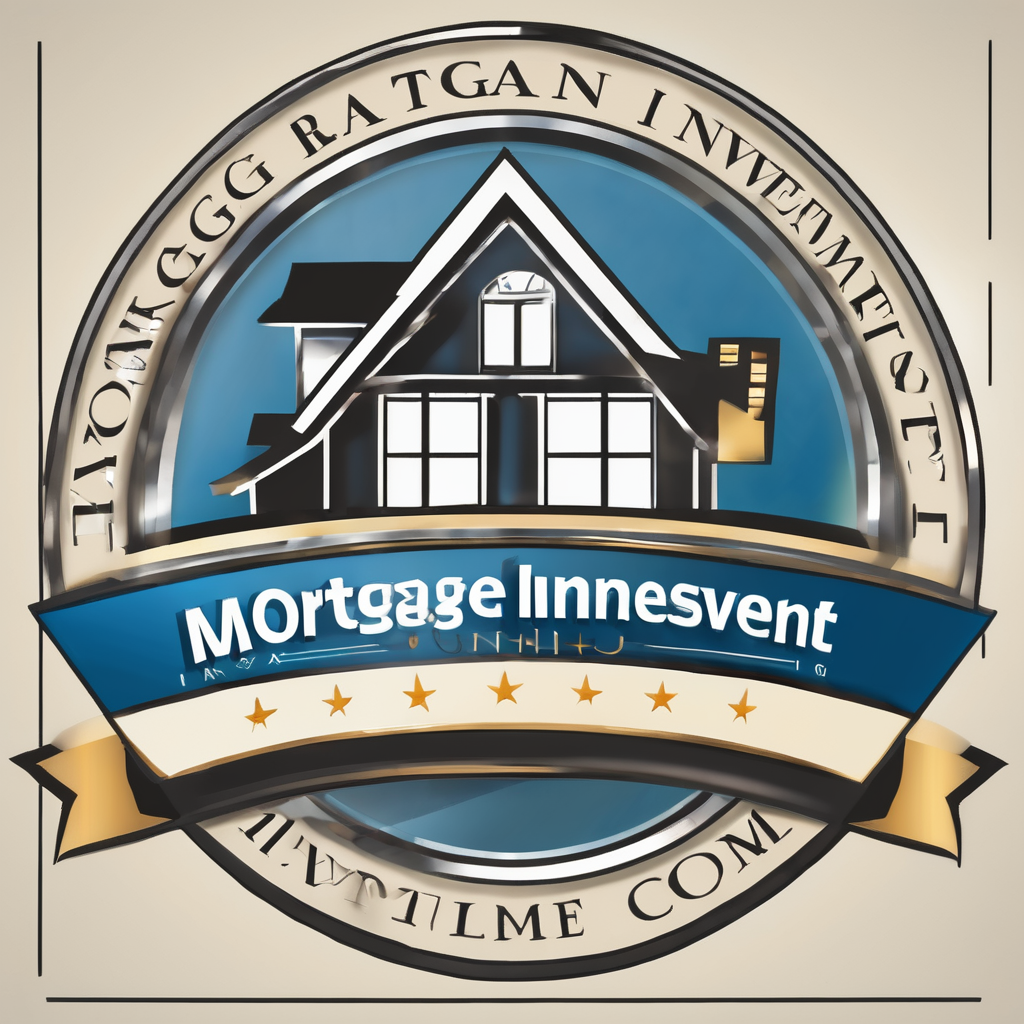In our modern world where technology is continuously evolving, an exciting new trend has risen to prominence – home automation. Smart home systems are no longer just about convenience. They are about security, energy efficiency, and even cost savings. Homeowners in Birmingham, like those in many other parts of the world, are increasingly investing in home automation to enhance the safety of their homes, manage their energy use more efficiently, and save money on their utility bills.
However, did you know that these smart systems can also reduce your home insurance premiums? Let’s delve deeper and find out how.
A découvrir également : What Insurance Considerations Are There for UK Properties with Underfloor Heating?
The Link Between Home Automation and Home Insurance
Before we proceed, let’s establish the connection between home automation and home insurance. After all, you might ask, why would an insurance company be interested in whether your house is automated or not?
Insurance companies calculate premiums based on risk. The more secure your home is, the less likely it is to be burgled or suffer damage from fire or water leaks, all of which leads to lower insurance premiums. This is where home automation systems come into play. They can significantly increase the security of your home, thereby reducing the risk, and ultimately, your insurance premiums.
A voir aussi : How to Calculate Potential ROI on a Holiday Let in the Lake District?
How Home Security Systems Can Lower Your Insurance Premiums
Home security systems like ADT, one of the best in the industry, offer an array of devices designed to protect your home from various threats. From wireless security cameras to alarm systems, these devices continuously monitor your home and provide real-time updates.
For instance, consider a smart security camera. It is not just a device recording what it sees. It’s an intelligent piece of technology designed to detect suspicious activity and send immediate alerts. Some even allow homeowners to monitor their property remotely, providing an added layer of security.
When insurance companies see that you have robust security measures in place, they will consider your home to be lesser risk. As a result, you can expect a reduction in your insurance premiums with the installation of a home security system.
Home Automation for Damage Prevention
Home automation is more than just about security. It also includes devices that can detect and prevent damage to your home, another factor that can reduce your insurance premiums.
Smart home devices such as leak detectors and smoke alarms can provide early warning of potential problems. For instance, a smart leak detector can alert you to a water leak before it turns into a significant issue, allowing you to take action and prevent costly water damage. Likewise, a smart smoke alarm can alert you to the earliest stages of a fire, giving you the chance to call the fire brigade and potentially save your home.
Insurance companies value these damage prevention measures as they can significantly reduce the chance of an expensive claim. Therefore, investing in this type of home automation could lead to a reduction in your insurance premiums.
How to Choose the Right Home Automation System
Choosing the right home automation depends on various factors, including your budget, needs, and the type of insurance discount you are aiming for.
If security is your main concern, a security-focused system like ADT could be the best fit. They offer a range of devices, from cameras to alarms, and provide professional monitoring services. On the other hand, if you are more focused on damage prevention, you might want to look for a system that offers smoke detectors, leak sensors, and other similar devices.
Regardless of your choice, remember that not all insurance companies offer discounts for home automation. Therefore, you will need to discuss your plans with your insurance company to ensure your investments will lead to lower premiums.
The Future of Home Automation and Insurance
While the benefits of home automation on insurance premiums are already significant, we can expect these to increase as technology continues to evolve. Insurance companies are starting to recognize the potential of home automation systems, not just in reducing claims but also in preventing them from happening in the first place.
As the technology improves and becomes more prevalent, we can expect to see even greater reductions in insurance premiums for homeowners who invest in these smart systems. In the not-so-distant future, home automation could become a standard requirement for home insurance, rather than just a discount factor.
In conclusion, investing in home automation systems is not just about making your home smarter. It’s about making it safer, more efficient, and more cost-effective. And with the added benefit of lower home insurance premiums, it’s clear that home automation is a smart investment for homeowners in Birmingham and beyond.
The Impact of Home Automation on Real Estate Value
Home automation not only impacts your home insurance premiums but also can significantly enhance the value of your property. An efficiently automated home is not only desirable for its technological advancements but also for its energy efficiency and enhanced security.
When it comes to real estate, a smart home provides an edge over other properties in the market. Prospective buyers are drawn to homes equipped with smart technology, seeing them as more modern, convenient, and secure. Home automation features such as smart thermostats, alarm systems, surveillance cameras, and automated lighting can significantly increase a property’s appeal, resulting in a higher selling price.
In addition, home automation systems contribute to energy efficiency. Smart thermostats can adjust temperature based on occupancy patterns, while automated lighting can turn off lights when a room is unoccupied. These measures can significantly reduce energy consumption, leading to lower utility bills. This energy efficiency is not only good for the environment but also attractive to prospective buyers, enhancing the value of your home.
Finally, the enhanced security provided by home automation is a significant selling point. Robust security systems, including alarm systems, burglar alarms, and security cameras, can provide a sense of security and peace of mind that is attractive to buyers. These features can deter potential burglars and provide real-time updates and alerts, further increasing your home’s value.
Leveraging Home Automation for Insurance Purposes
Taking advantage of home automation for insurance purposes requires an understanding of what insurance providers are looking for. Insurance companies want to minimize risk, and thus, they value any measures that can prevent damage, deter burglars, or enable early detection of potential issues.
It’s recommended to discuss your home automation plans with your insurance provider to understand what systems and features they value. This conversation can provide useful insights and guide your investments in home automation. For instance, investing in a top-tier security system like ADT, equipped with alarm monitoring, motion sensors, and security cameras, may lead to a significant reduction in your premiums.
Moreover, you should consider investing in smart devices that aid in damage prevention. Devices like smart smoke detectors and leak sensors can alert you to potential problems early, allowing you to prevent major damage. These preventative measures can lead to lower insurance premiums and potentially save you from dealing with extensive repairs and the stress of an insurance claim.
Conclusion
The impact of home automation on home insurance is becoming increasingly significant. As technology continues to evolve, insurance providers are recognizing the value of smart homes in reducing risk and preventing damage. Homeowners in Birmingham who invest in home automation systems can expect not only enhanced security and energy efficiency but also a reduction in their insurance premiums.
However, it’s not just insurance premiums that are impacted; home automation can significantly enhance your property’s real estate value. As smart homes become more popular, those equipped with modern, efficient, and secure home automation systems are likely to command a higher market price.
Overall, home automation is more than a trend; it’s a smart investment that can pay off in multiple ways. From lower utility bills and insurance premiums to a higher property value and enhanced security, the benefits of home automation are hard to ignore.






